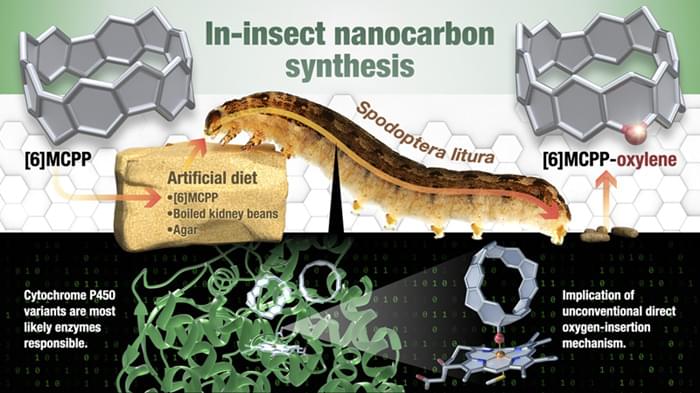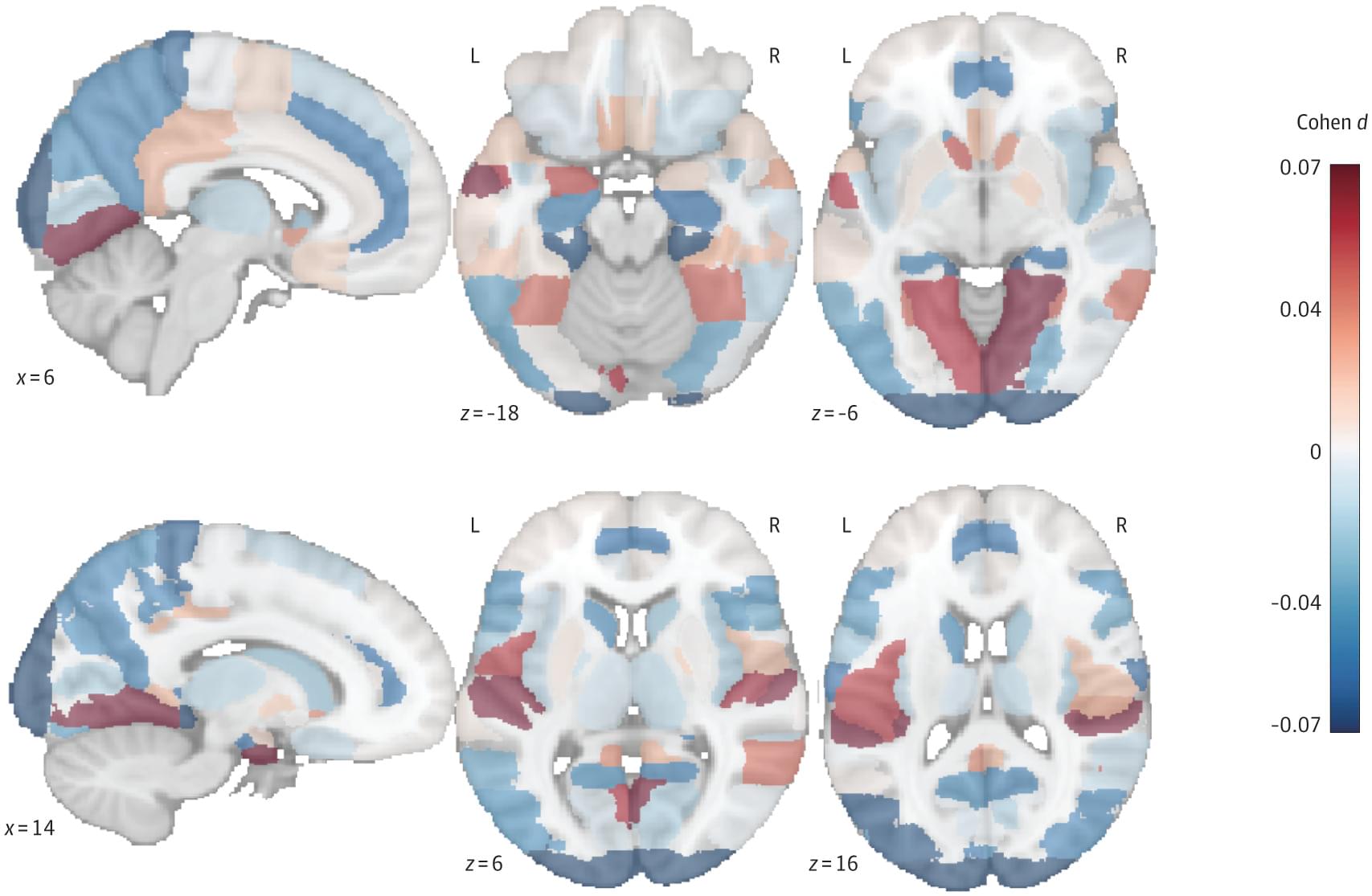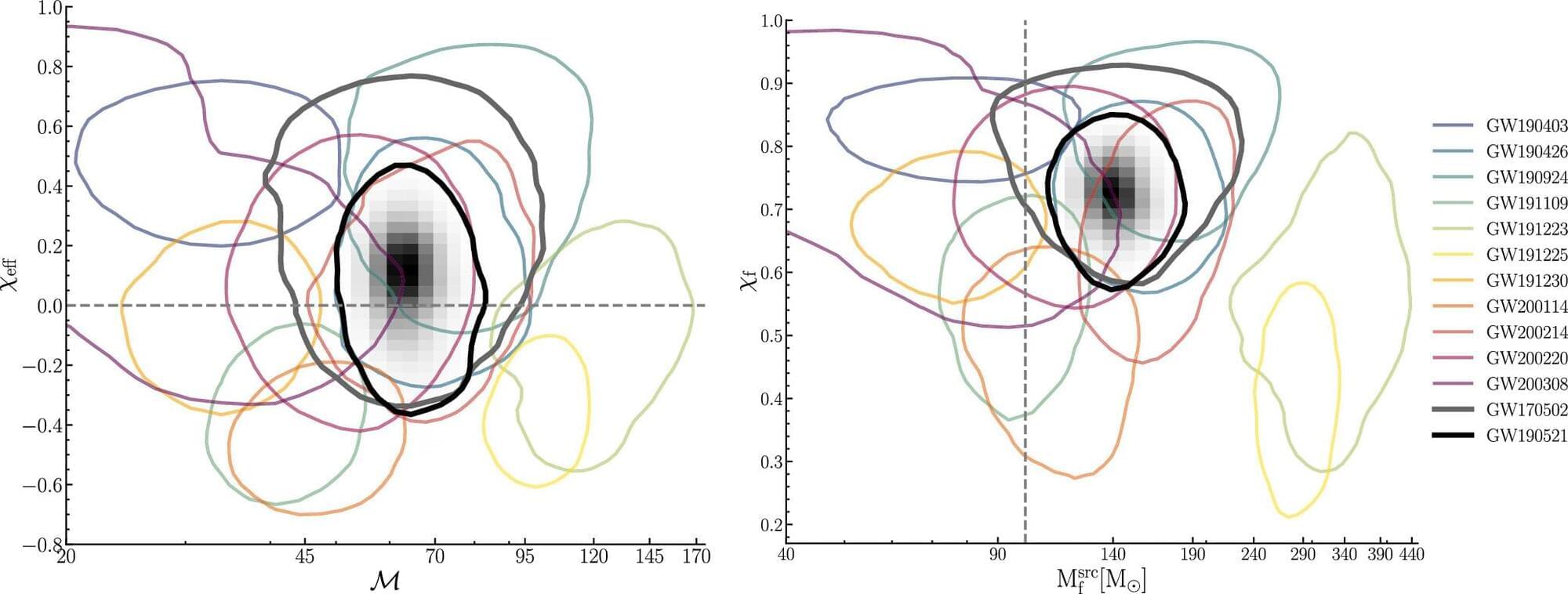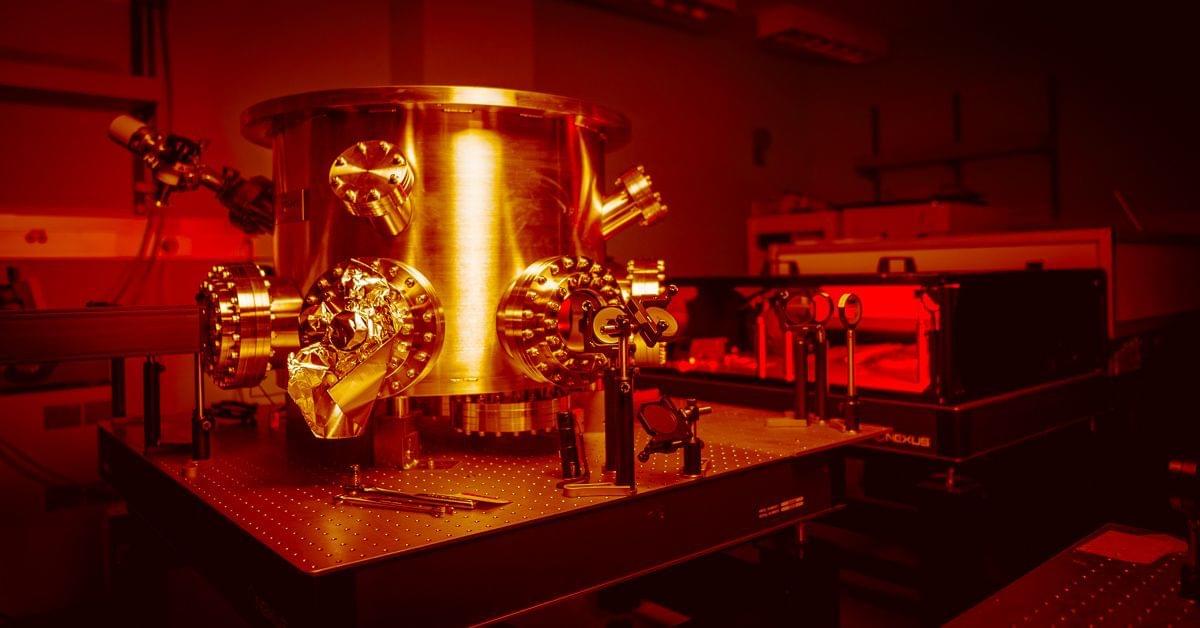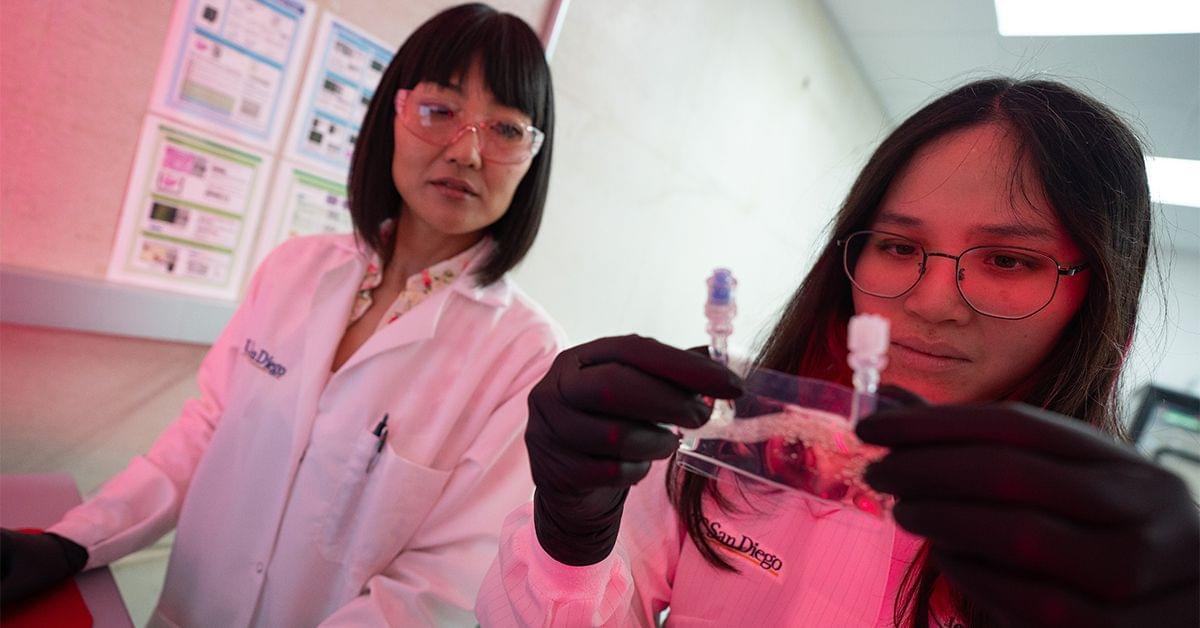Researchers led by Kenichiro Itami at the RIKEN Pioneering Research Institute (PRI) / RIKEN Center for Sustainable Resource Science (CSRS) have successfully used insects as mini molecule-making factories, marking a breakthrough in chemical engineering. Referred to as “in-insect synthesis,” this technique offers a new way to create and modify complex molecules, which will generate new opportunities for the discovery, development, and application of non-natural molecules, such as nanocarbons.
Molecular nanocarbons are super tiny structures made entirely of carbon atoms. Despite their minuscule size, they can be mechanically strong, conduct electricity, and even emit fluorescent light. These properties make them ideal for use in applications like aerospace components, lightweight batteries, and advanced electronics. However, the precision required to manufacture these tiny structures remains a major obstacle to their widespread use. Conventional laboratory techniques struggle with the fine manipulation needed to put these complex molecules together atom by atom, and their defined shapes make it especially difficult to modify them without disrupting their integrity.
“Our team has been conducting research on molecular nanocarbons, but along with that, we’ve also developed molecules that act on mammals and plants,” says Itami. “Through those experiences, we suddenly wondered — what would happen if we fed nanocarbons to insects?”
